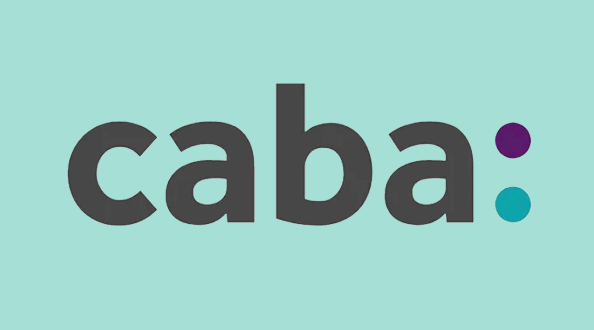Key resources and support

Technical resources
Key technical resources signposting developments in regulation, financial reporting, tax and redundancy legislation for community members.
See more
ICAEW Manifesto
Read our recommendations for the next UK Government to create a renewed and resilient future for the UK economy.
See more
Soft skills
Resources to help you refresh your soft skills and find a new position if you are returning to work after a career break.
See more
CABA
Free, impartial and strictly confidential support to all past and present ICAEW members and their close family 24 hours’ a day.
See more
Academy
Top-class public and bespoke CPD training for finance professionals. ICAEW Academy is now offering virtual classrooms.
See more
Looking for a new role?
ICAEW Jobs is your exclusive member only jobs board, bringing you a range of exciting global opportunities with top employers.
See more



